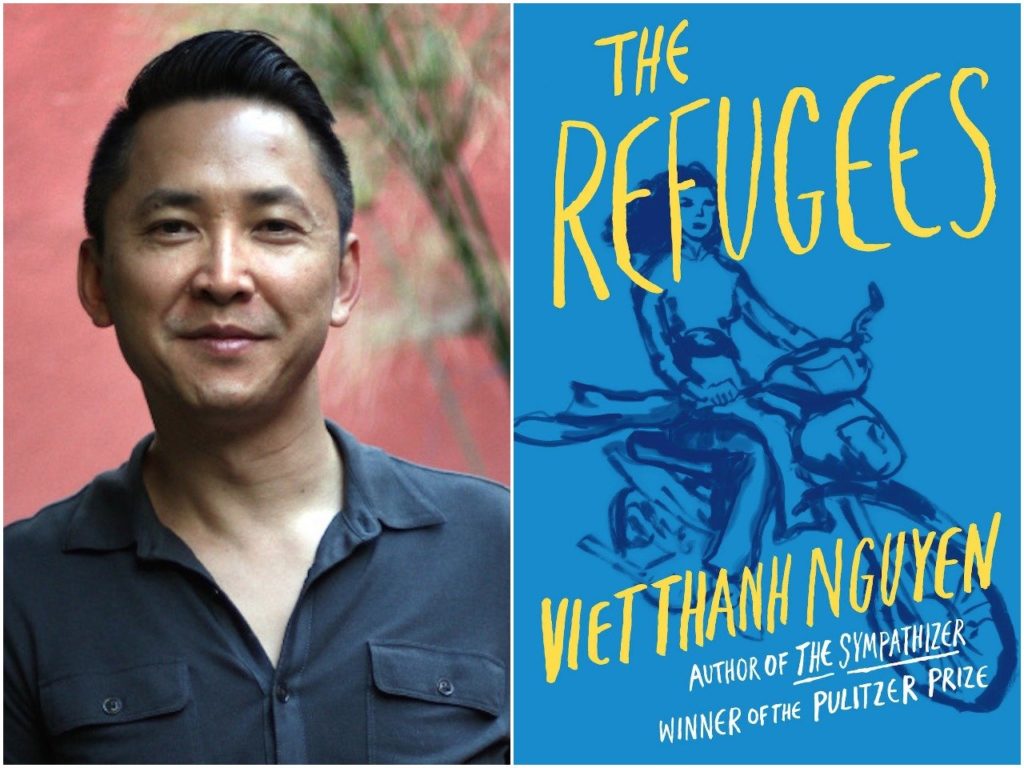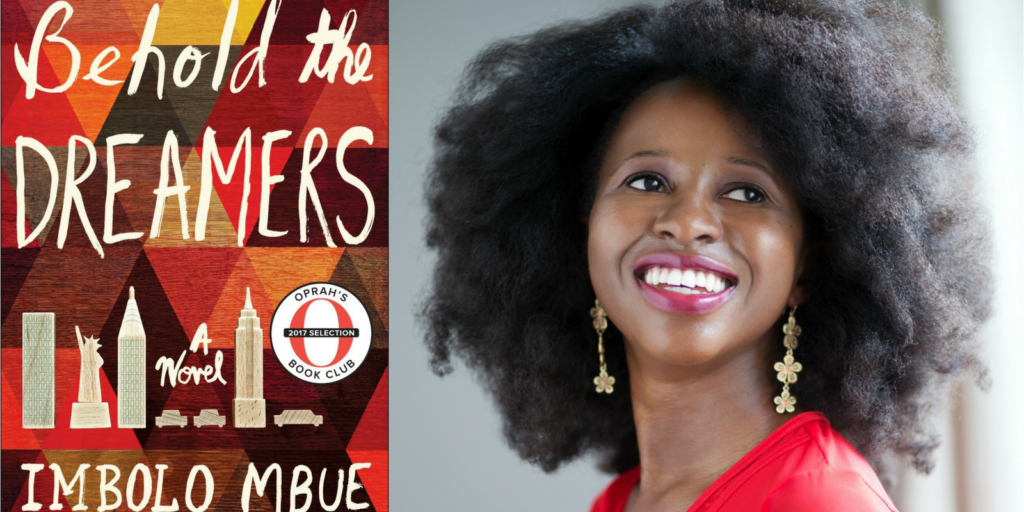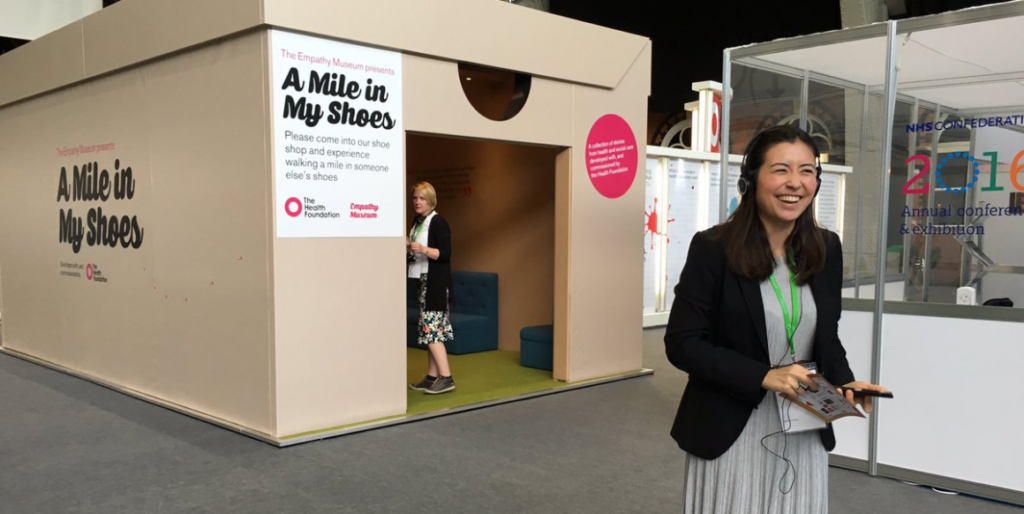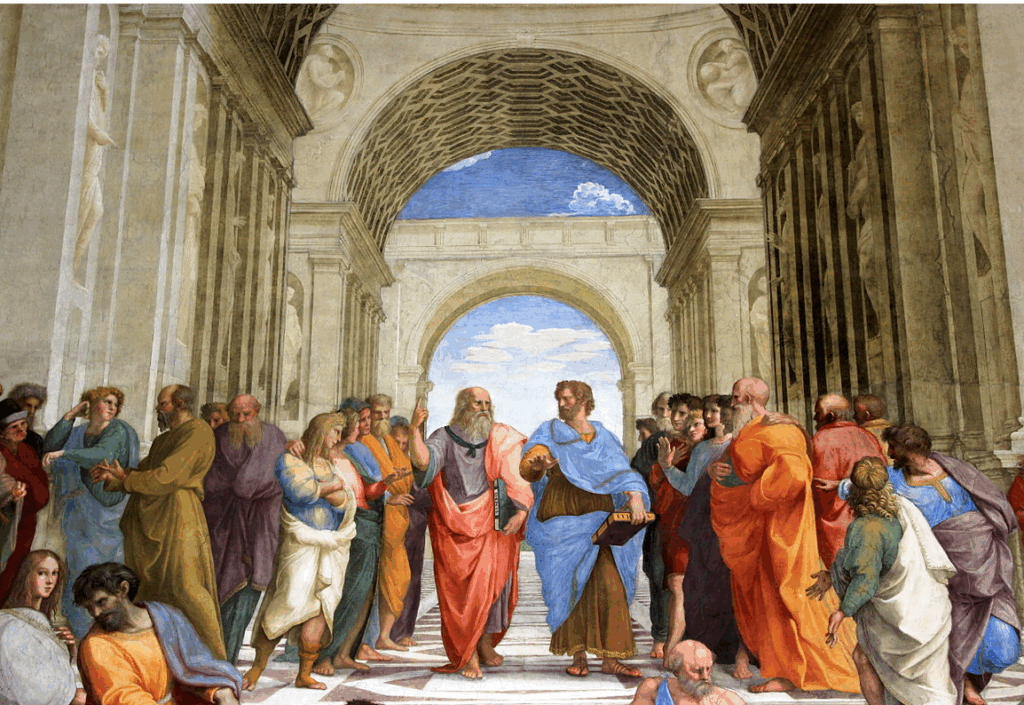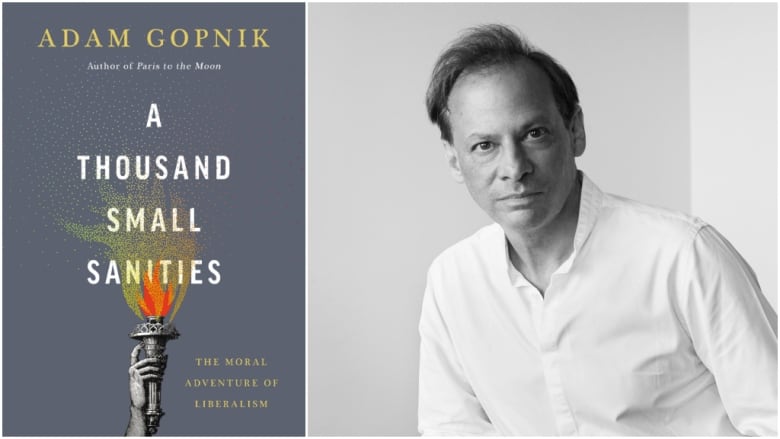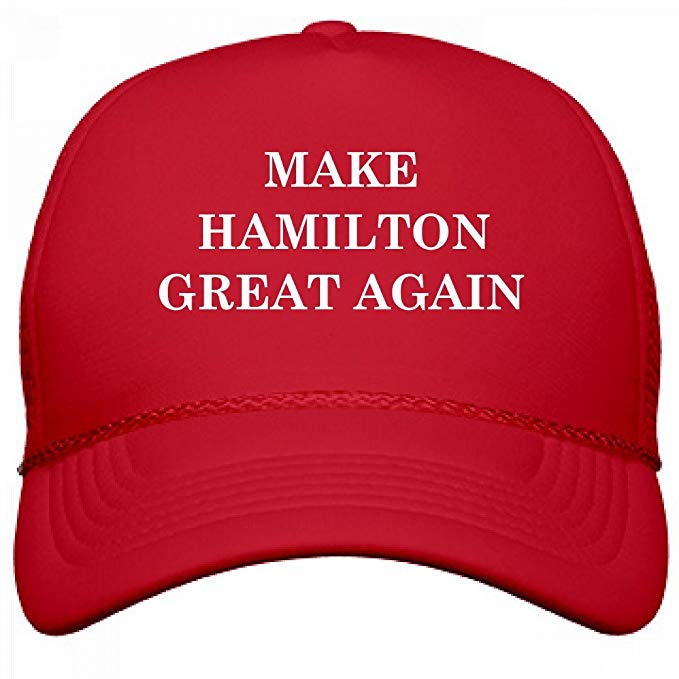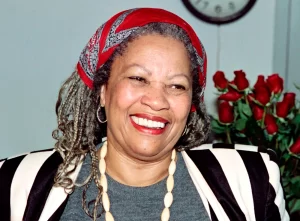
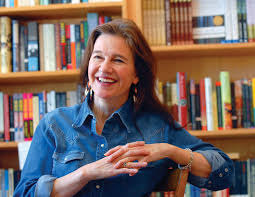
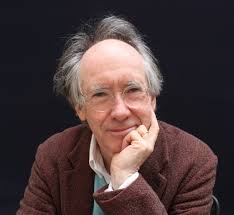
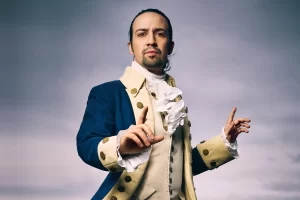
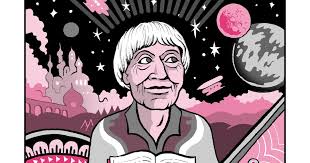
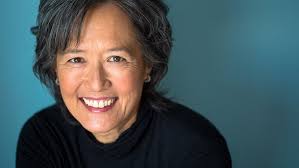

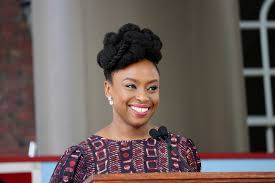
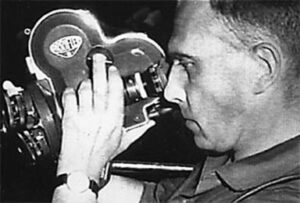
Photos: Brittanica (Morrison), Rolling Stone (Miranda), Wikipedia (Bechdel), Brittanica (Erdrich), Massive Science (Le Guin), Harvard Crimson (Adichie), Alan Elkann Interviews (McEwan), Penguin Random House (Ozeki), Wikipedia (Marker)
The arc of human history cycles between eras of relative wisdom and others where wisdom is in short supply. In politics, as in our social life more generally, ours is an era of striking unwisdom.
Continue reading “Wisdom Matters: Reading Literature for a Wiser World”
